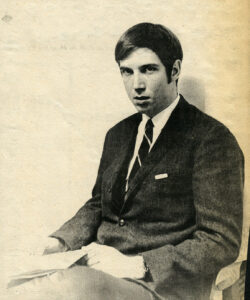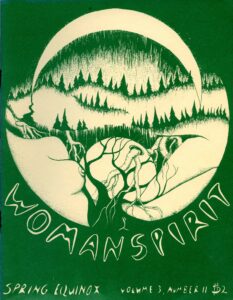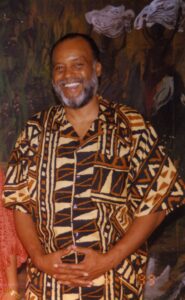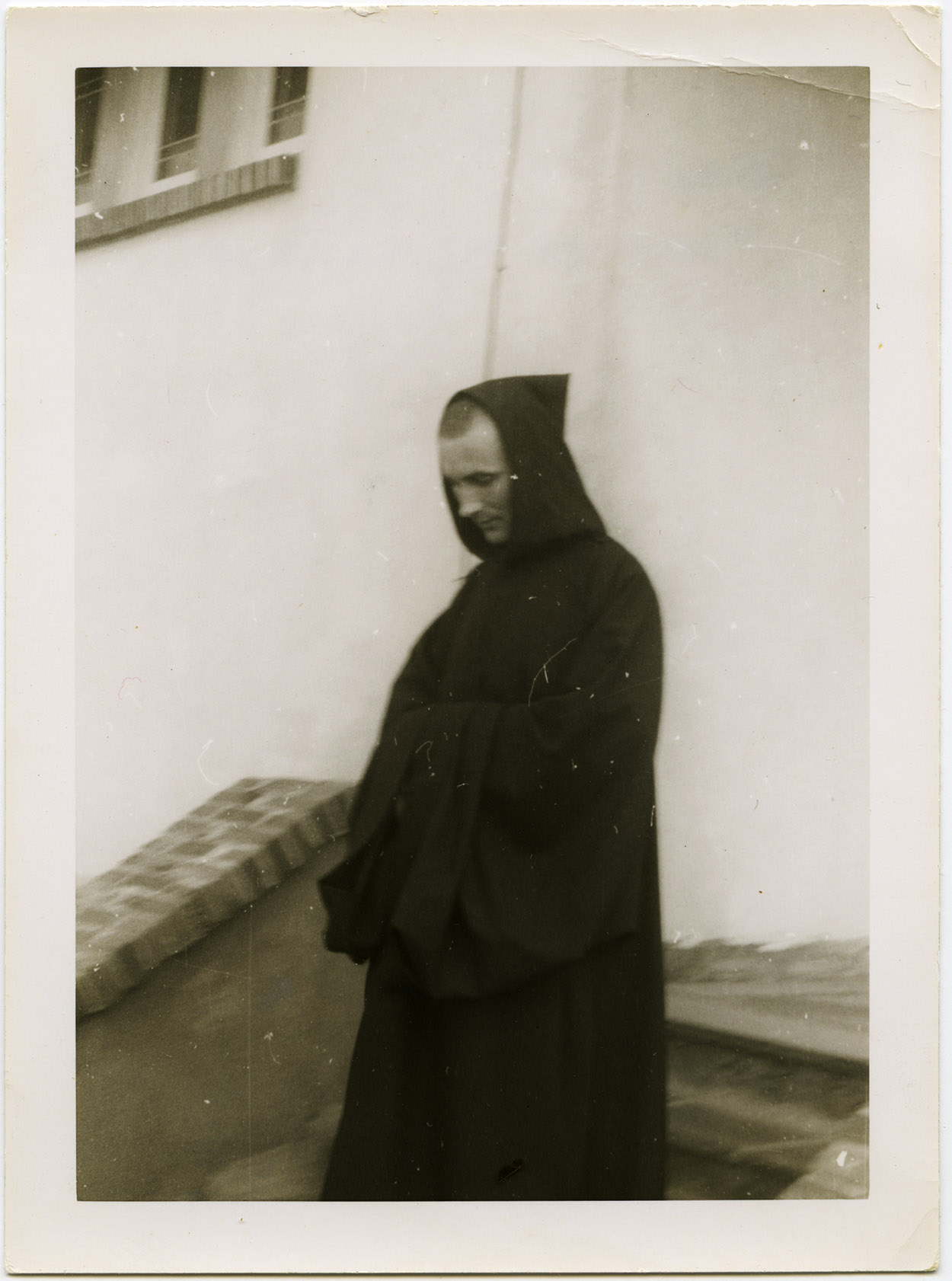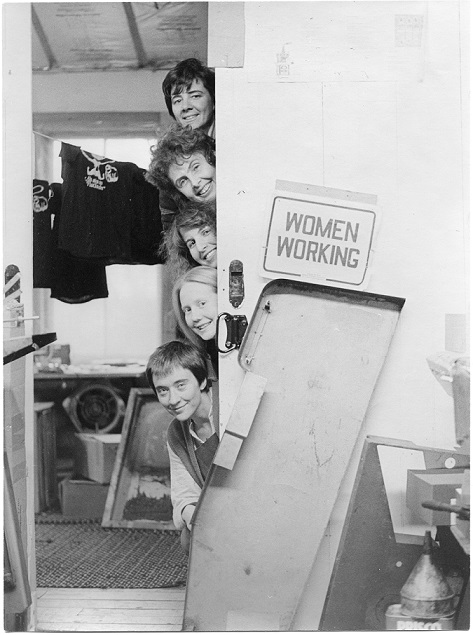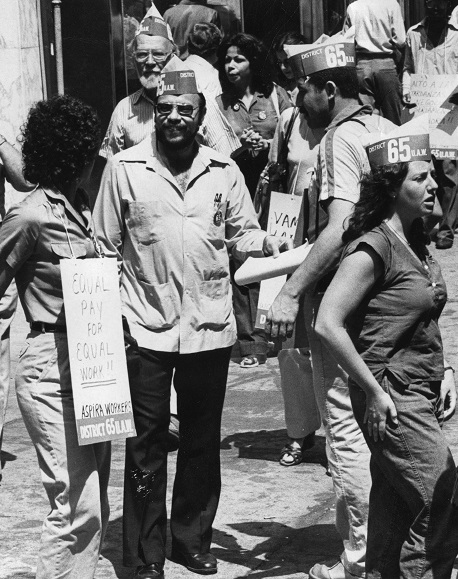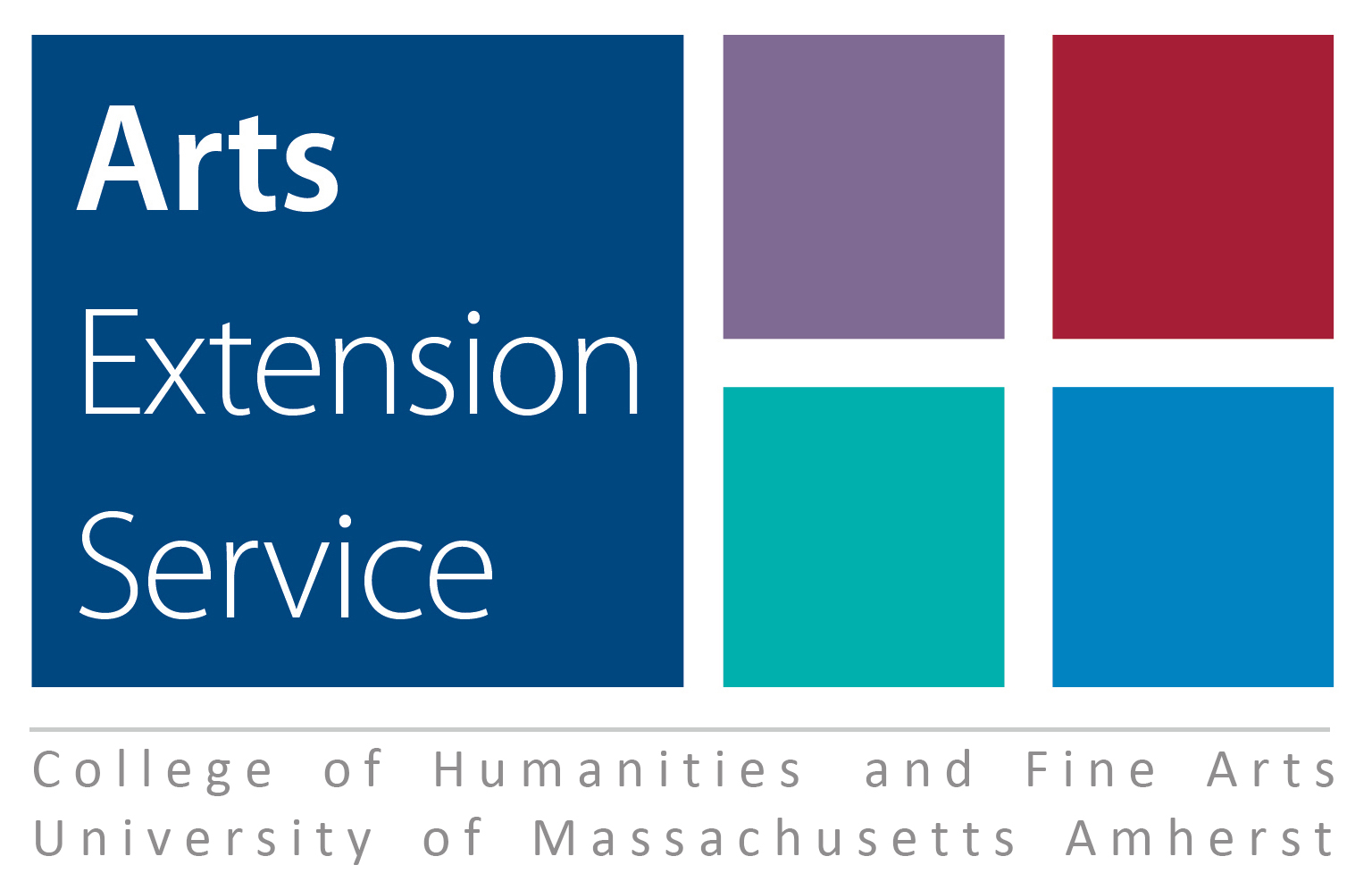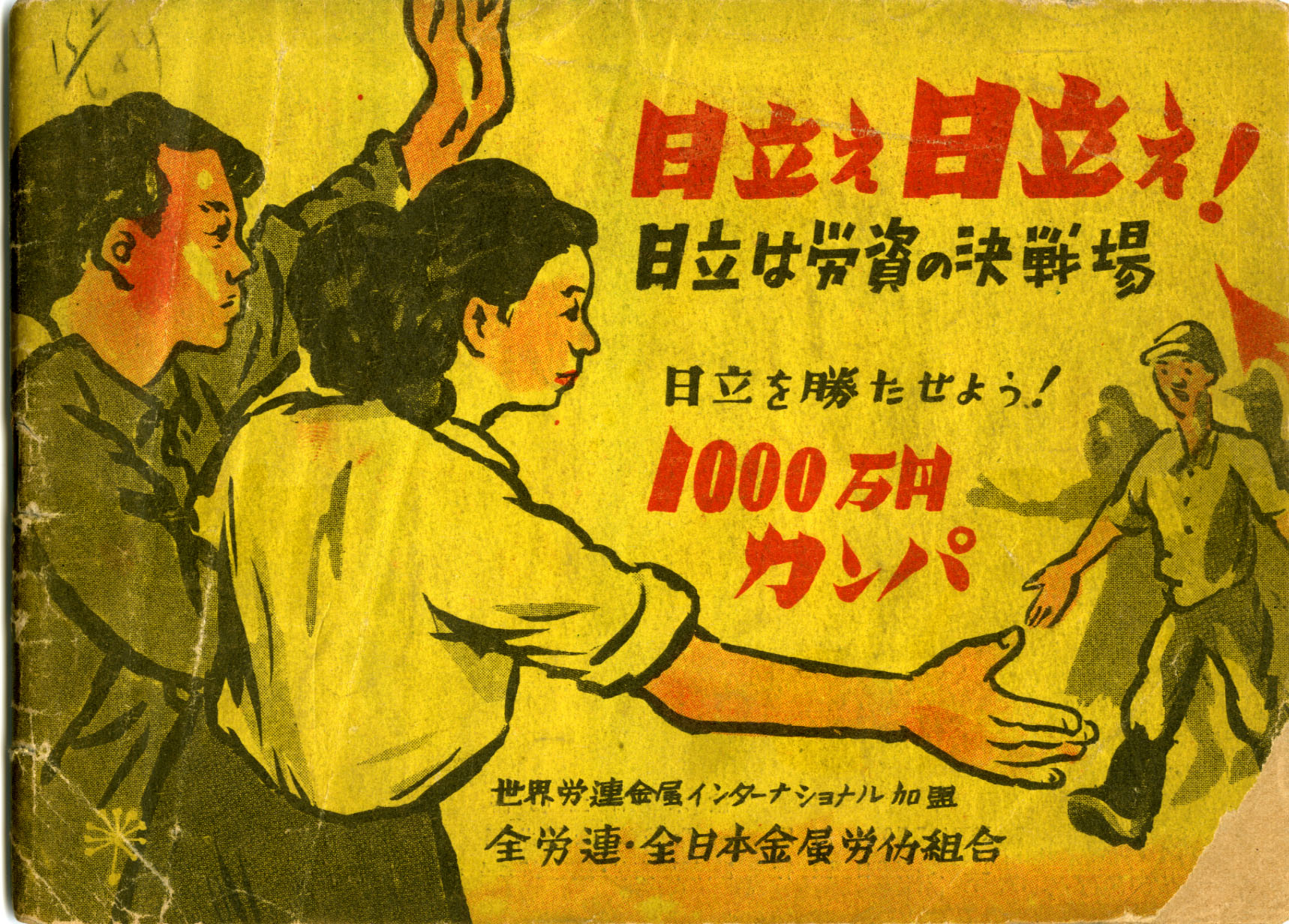John J. Fitzgerald Collection
A graduate of Holyoke High and UMass Amherst (BA 1963), John J. Fitzgerald entered the Army after graduation and served in Vietnam as a Captain in the 25th Infantry Division. He earned a Bronze Star and Purple Heart for his service, having been wounded at Cu Chi in June 1966, before leaving active duty in 1968. Returning home to Holyoke, Fitzgerald entered the master’s degree in political science at UMass (MA 1978) and renewed his longstanding interest in politics. Taking an interest in the progressive, antiwar candidate Eugene McCarthy, he became head of the McCarthy campaign in Holyoke and won election as a delegate to the Democratic national convention. Fitzgerald remained involved in local Democratic politics, and in addition to teaching history in local schools for many years, he wrote and lectured on topics ranging from nuclear power to his experiences in Vietnam.
The Fitzgerald collection contains four scrapbooks relating to his involvement in politics in the late 1960s and early 1970s. Two of the scrapbooks document national and local reaction to the McCarthy campaign and include some articles on Fitzgerald and some ephemera. The other scrapbooks document the McGovern campaign in 1972 and politics in Holyoke in mid-1970s. The collection also includes a copy of Fitzgerald’s commission as a Reserve Commissioned Officer in the Army (1964) and two posters: Jack Coughlin’s, Weapons often turn upon the wielder. . . (1968) and Viet-nam veterans speak out. . . Viet-nam Veterans for McCarthy (1968), an antiwar petition signed by Fitzgerald. Books that arrived with the collection have been transferred and catalogued into SCUA’s general collection.

